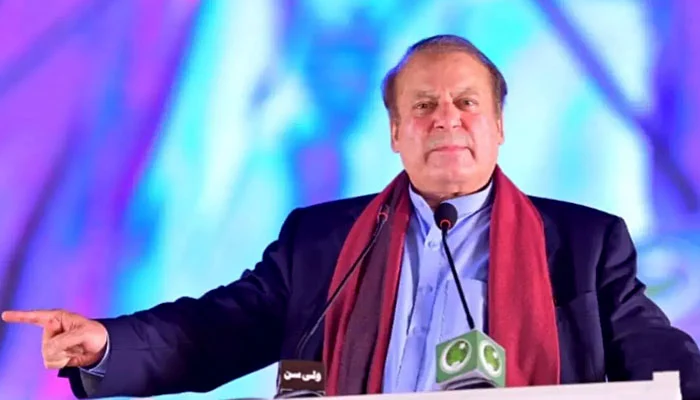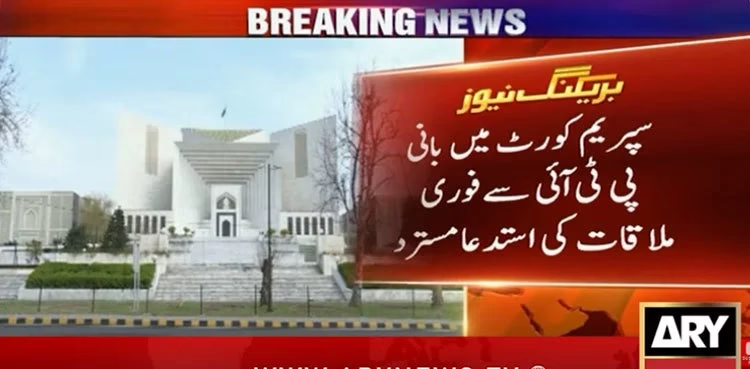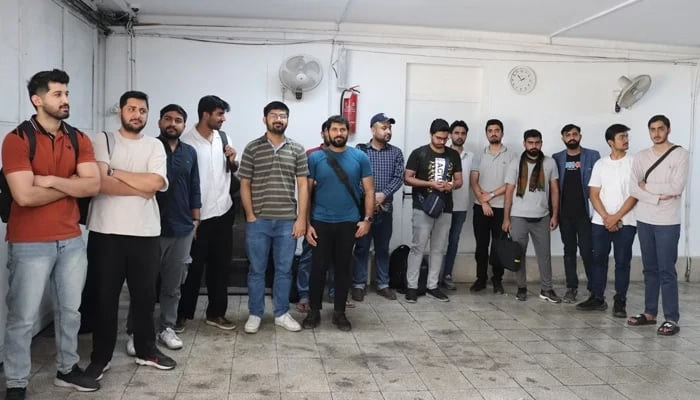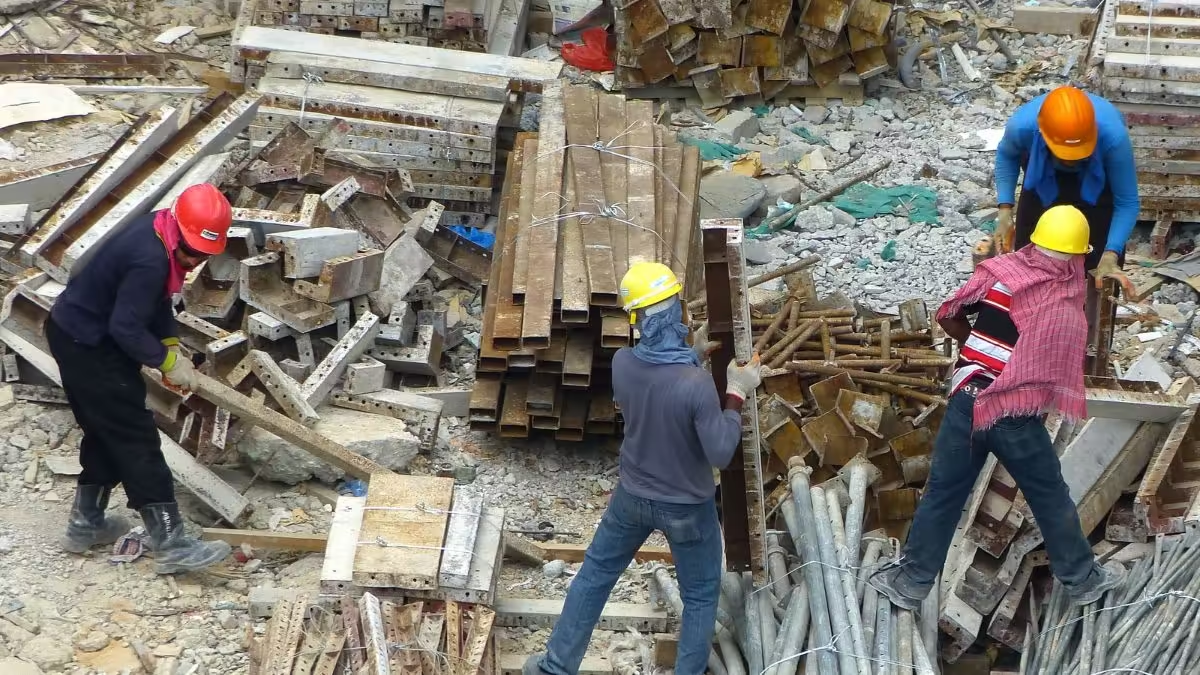Former Prime Minister and leader of the Pakistan Muslim League-Nawaz (PML-N), Nawaz Sharif, recently emphasized the need for Pakistan to pursue rapid economic growth during a meeting with a delegation from the Muttahida Qaumi Movement (MQM). The discussion centered on fostering a sense of unity among all segments of the population to address the country’s economic and developmental challenges.
Nawaz Sharif made it clear that the primary goal was Pakistan’s progress, regardless of political affiliations. During the meeting, he expressed the collective aspiration to promote equitable development in every region of Pakistan, including Sindh, Balochistan, and Khyber Pakhtunkhwa. The leader reiterated the importance of treating all areas fairly and not perpetuating discrimination.
He reminded the attendees that Pakistan had heard about the Lowari Tunnel since 1972 but took the initiative to complete it. Additionally, Nawaz Sharif noted the construction of the Hazara Motorway, explaining how it has already begun to benefit the people.
Furthermore, Nawaz Sharif emphasized the importance of the PML-N government’s stability during its tenure, highlighting that the exchange rate remained stable at 104 rupees per dollar for four years. He asserted that his government did not succumb to external pressures by devaluing the currency or increasing the price of sugar during his time in office.
In the face of rising inflation and economic challenges, Nawaz Sharif called for Pakistan to work at double speed to boost economic growth. The leader underscored the need to make various commodities, including food items and other essentials, available at lower prices for the people.
The former Prime Minister highlighted his party’s commitment to achieving positive progress during the 16-month alliance with the MQM. He commended the MQM for their support during this time and acknowledged their efforts to enhance the welfare of the public.
Nawaz Sharif’s speech also addressed the contentious issue of inflation. He questioned whose tenure was marked by soaring prices and expensive electricity. He refuted the allegations that the PML-N administration had taken on record amounts of debt, asserting that such claims were baseless.
The leader recalled the government’s decision to bid farewell to the International Monetary Fund (IMF) during his tenure. He argued that while his government had successfully maintained the price of roti (bread) at four rupees, the same item now costs 30 rupees. Furthermore, he stressed the significance of development projects like the Thar Coal Project in eliminating poverty and promoting economic growth in the country.
Nawaz Sharif’s focus on economic growth and unity aligns with his vision for a prosperous and equitable Pakistan. He called for politicians and leaders to set aside their differences and unite for the common good of the nation. As the political landscape in Pakistan evolves, the need for economic stability and development remains a central concern for the country.
The coming months will likely see more discussions and initiatives aimed at addressing Pakistan’s economic challenges, and the stance of leaders like Nawaz Sharif will continue to play a significant role in shaping the nation’s future. The call for accelerated economic growth and national unity reflects the aspirations of many Pakistanis who seek a better future for their country.



